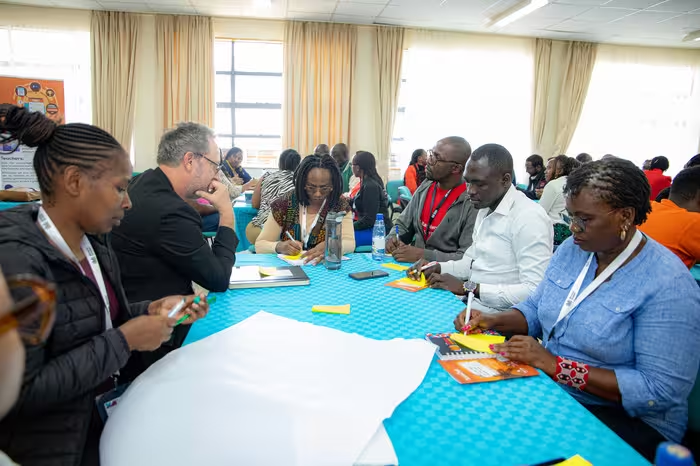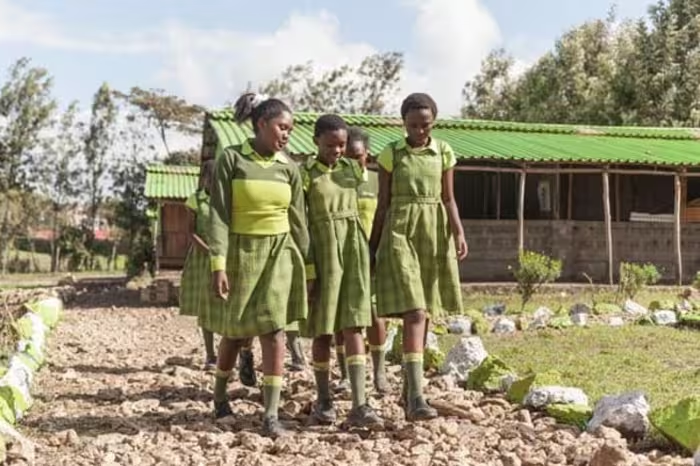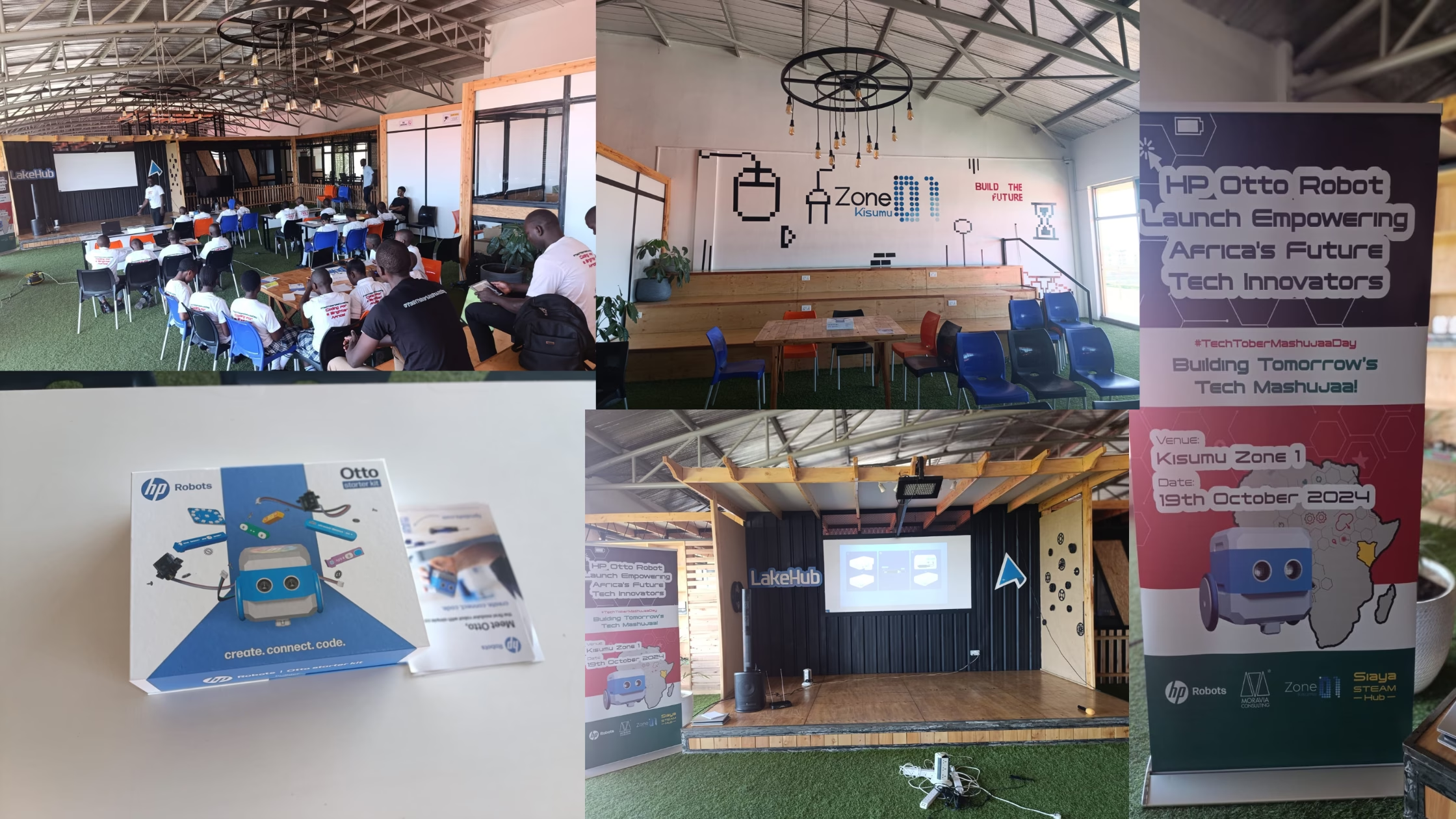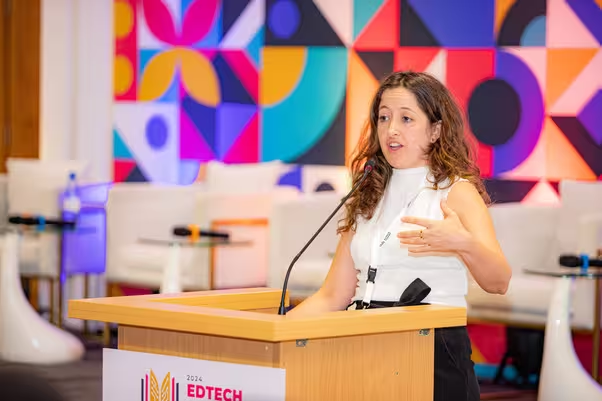By Abdimalik Hajir & Juliet Awuor
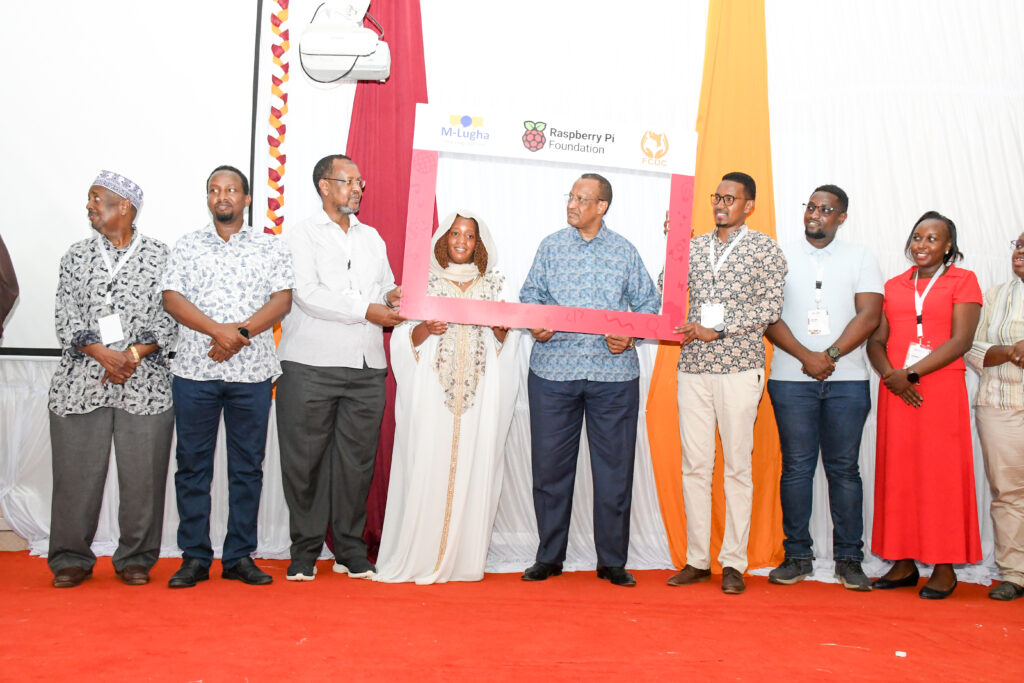
EdTech East Africa brought tech gurus to a summit held at Garissa University in Garissa to explore the future of education technology in the Frontier Counties.
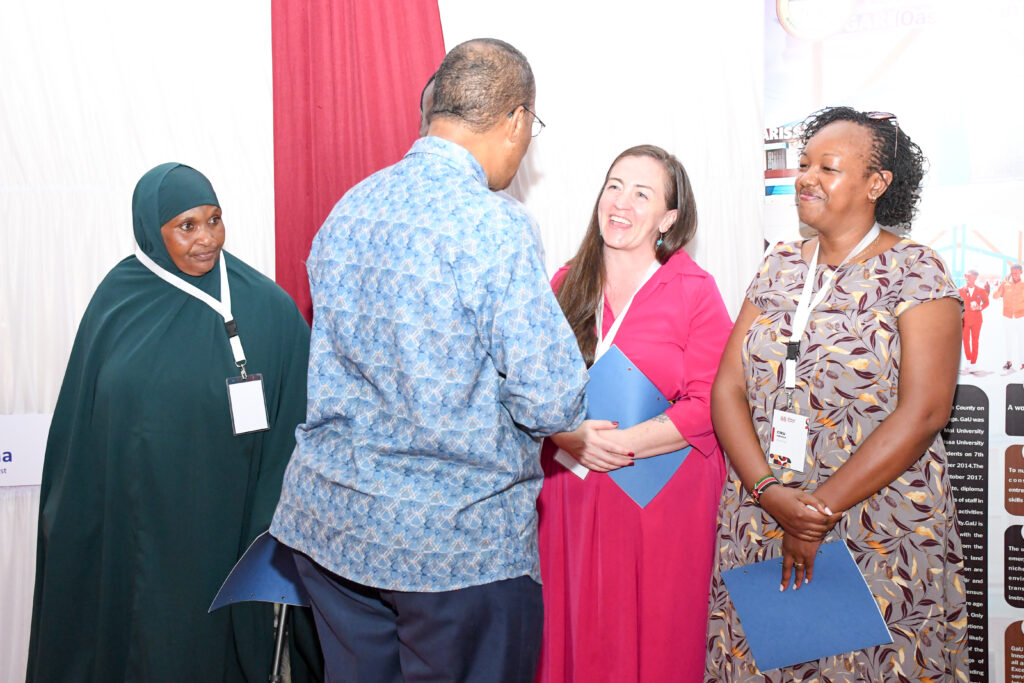
A daylong summit that culminated in the launch of a pilot project for a digital literacy program for eight frontier counties brought together policymakers, education technology practitioners, educators, researchers, and government representatives from Kenyan frontier counties.
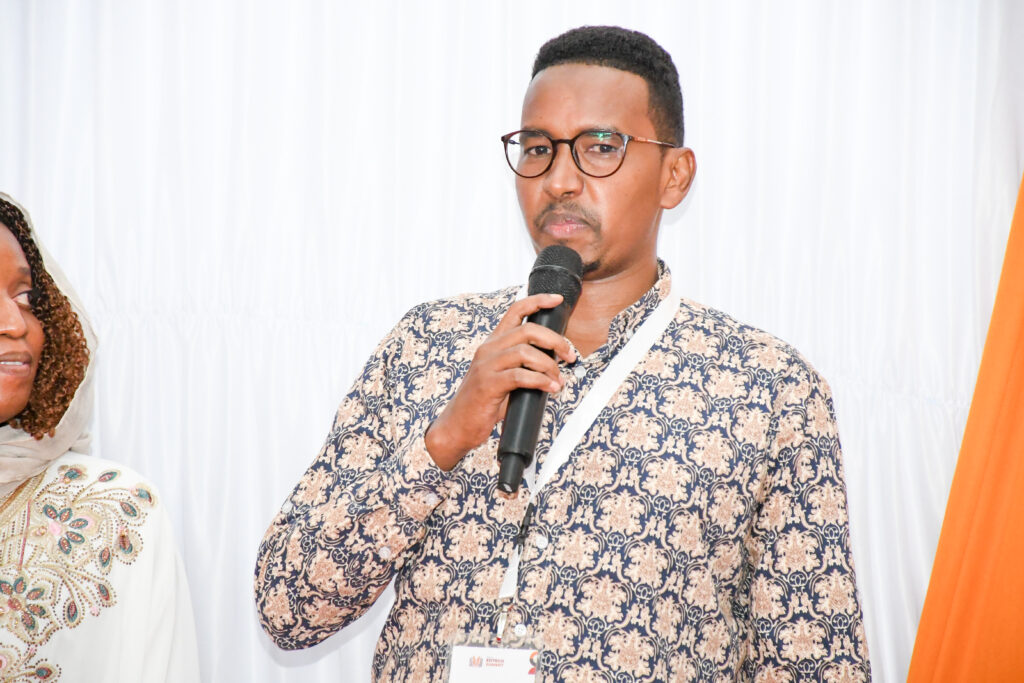
Abdinoor Alimahdi, the founder of M-Lugha, who was among the technology enthusiasts at the summit, demonstrated how young learners can access content through an application in different Kenyan languages.
“M-Lugha is a literacy-based solution, a translation service, and early childhood or basic education for adults. We understand the region’s lack of teachers and are bridging the gap using digital learning skills,” he said.
He said they will train teachers in eight Frontier counties who will train learners in digital skills.
He described how to use M-Lugha and emphasized its significance for schools, even those in remote areas, because it operates within a 100-meter radius and has KICD-approved content. The content he noted can be downloaded for future use and plays a significant role, especially in areas that experience a shortage of teachers, such as the northeastern region.
Abdinoor urged residents in the region to put more emphasis on technology in the early years of learning, noting that some courses might be obsolete soon and adding that the world is moving towards technology.
He noted that their ultimate goal is to enable young university graduates with visual impairments to access inclusive employment opportunities.
David Osinya, a program officer at Kilimanjaro Blind Trust, demonstrated how the Orbit Reader 20 works with visually impaired children. He noted that the previous braille gadget was large and expensive, unlike the orbit reader, which he said was a removable memory card.
Visually impaired staff members also use it to read books or take notes. It is, however, not an internet-enabled gadget. It’s called the reader 20 since it has 20 cells. A visually impaired individual can read, take notes, and access content stored in the orbit reader.
He explained that their organization focuses on providing digital literacy, decoding STEM subjects, employability skills for visually impaired communities, and offering support system devices for people with visual impairments. He noted that their ultimate goal is to enable young university graduates with visual impairments to access inclusive employment opportunities.
The Kilimanjaro Blind Trust is based in Nairobi but works in various counties. In Garissa, they support the Garissa primary school. They also support several schools in Mandera and Masrsabit. According to Osinya, they also train technicians in various schools so that they learn how to handle the device.
Garissa Governor Nathif Jama, who graced the occasion, said the digital literacy conversation is critical in the Frontier Counties region. He appreciated the Summit sponsors, underscoring the importance of technology to learners at an early age.
“As the chair of ASAL counties in the Council of Governors, I appreciate all other partners who, with dedication, continue to empower communities through technology. Such an initiative is a significant milestone in their efforts to ensure that people in the region gain the necessary knowledge and skills to survive the digital age, ultimately creating employment opportunities and fostering economic growth,” he said.
The EdTech summit, the governor noted, has come at the right time when Garissa and other FCDC counties are investing in digital learning. Garissa, in particular, is working on internet connectivity, ICT laps, digital hubs in the sub-counties, and GIS implementations, which will launch in the coming week.
The pilot project for digital literacy targets up to 14, 000 schoolchildren in Northern Kenya who will have access to computing lessons for the first time, equipping them with vital digital skills for the future.
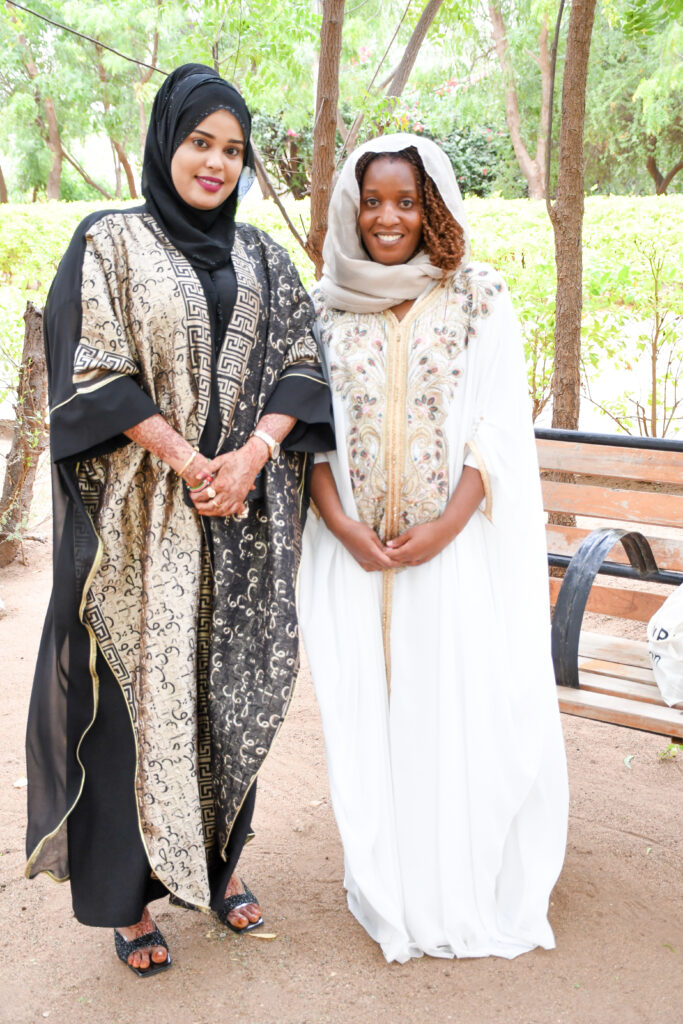
The Raspberry Pi Foundation, in partnership with the Frontier Counties Development Council (FCDC) and the M-Lugha Foundation, will lead the initiative. Thousands of schoolchildren aged 8–14 in eight FCDC counties will benefit from computing lessons, a significant boost to upskilling young people in the country’s arid areas. Key terms will be translated into Somali, Borana, Turkana, and other local languages to aid comprehension. The M-Lugha Foundation, spearheading the project across eight counties, will manage these translations.
According to Wariara Waireri of the Raspberry Pi Foundation, “We are delighted to be partnering with FCDC and the M-Lugha Foundation in this exciting project to ensure young people living in these communities have access to high-quality computing lessons and resources, supported by the most recent research.”
“The curriculum has been specially adapted for Northern Kenya, so it feels more relevant to the students’ lives, providing them with vital skills for the future.” She added.
The summit featured various panelists discussing the unique context of EdTech in the frontier counties. Abdullahi Maalim of the FCDC moderated the discussion. The panelists included Stephen Ajanga from the regional Teachers Service Commission, Anil Khamis from Aga Khan University, and Dr. Mohamed Dahir, an education specialist and member of the Mandera County Education Task Force.
Dr. Mohamed Dahir stated that blaming insecurity, infrastructure, connectivity, and other factors for the lack of education in the region is no longer tenable. He emphasized that it is a leadership issue, whether it involves political leaders, heads of institutions, or Boards of Management (BOMs), and that they need to step up and resolve the issues within their reach.
He emphasized the importance of engaging all stakeholders, including children, parents, and education professionals, in serious discussions to resolve the issues revolving around education. He noted that these discussions should focus on solutions rather than placing blame on the sector’s problems.
He noted that the region’s problem is the excessive localization and long tenure of staff, citing the example of the head of an institution who has remained at the same school for over 20 years.
Stephen Ajanga, a regional representative of the Teachers Service Commission (TSC), noted that the current teacher shortage is a result of the government’s 1998 policy that froze employment. He mentioned that the TSC is working to bridge this gap by recruiting more teachers. Additionally, he highlighted that affirmative action, which allows teachers in the region to be recruited on permanent contracts, also addresses the shortage.
He said over 3000 local students are currently in various teacher training schools, hence the anticipation that the teacher shortage will be resolved in the coming years.
Anil Khamis from Aga Khan University noted the distinction between digital natives and digital immigrants. He explained that digital immigrants—the older generation, including teachers—were not born into the digital age. In contrast, digital natives, the young children born into a world with technology, need to be equipped with digital skills. He emphasized the importance of training teachers, as they are crucial agents of change in this rapidly evolving technological world.
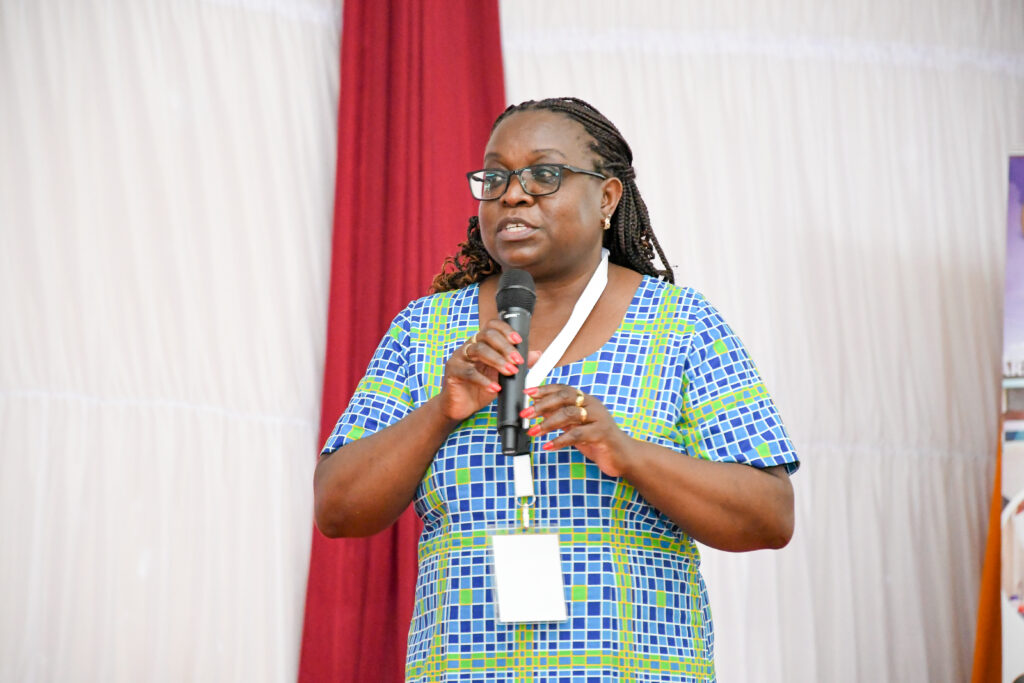
In the Collective Action Workshops moderated by Joan Mwachi, participants discussed foundational learning and basic literacy skills by creating personas in the ASAL areas. They focused on Halima, a woman from Garissa who left school to marry and now runs a small shop, earning 15,000 KES monthly. The discussion highlighted her use of WhatsApp for communication with her children’s teachers, who send updates on their progress and follow-up messages.
It was observed that children often relay information from teachers to parents. Sometimes, teachers send their students to ask their parents to check WhatsApp for communication. They believe this practice can significantly enhance learning and keep parents informed about their children’s well-being.
Here are two sample messages shared by participants:
- “Hi, Mama Abu, Homework is available on WhatsApp, due on 1/7/2024.”
- “Salaam aleykum, mama Abu, Kazi ya ziada hesabu moja hadi kumi.”
Local convenings like the EdTech East Africa event at Garissa University play a crucial role in exploring and implementing solutions tailored to the unique challenges of ASAL (Arid and Semi-Arid Lands) regions. Bringing together local stakeholders, policymakers, and technology experts, these summits foster discussions that lead to the development of targeted initiatives such as digital literacy programs and innovative educational tools. They ensure that solutions are relevant and responsive to the specific needs of communities in Northern Kenya, aiming to equip youth with essential digital skills and empower them for future success in the digital age.
